The theory of Communism may be summed up in the single sentence: Abolition of private property
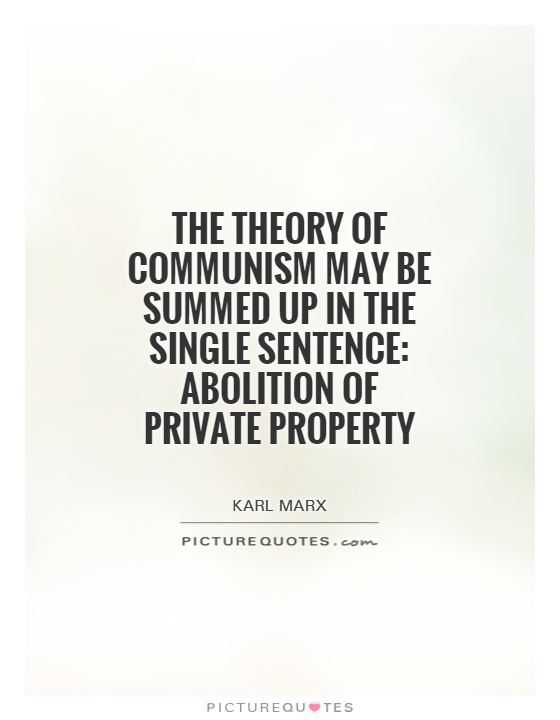
The theory of Communism may be summed up in the single sentence: Abolition of private property
Karl Marx, a German philosopher, economist, and revolutionary socialist, is best known for his theory of Communism. One of the central tenets of Marx's Communist theory is the abolition of private property. This single sentence encapsulates the essence of Marx's vision for a society free from class struggle and exploitation.Marx believed that private property was the root cause of inequality and oppression in society. He argued that the capitalist system, in which the means of production are owned privately by a small minority, inevitably leads to the exploitation of the working class. According to Marx, the capitalist class extracts surplus value from the labor of the workers, leading to the accumulation of wealth in the hands of a few while the majority of people struggle to make ends meet.
By abolishing private property, Marx believed that society could be transformed into a classless, stateless society where the means of production are owned collectively by the workers. In this communist society, there would be no need for a ruling class to exploit the labor of others, as all members of society would have equal access to the means of production and the fruits of their labor.
Marx's vision of communism was not just about the redistribution of wealth, but also about the transformation of social relations. He believed that by abolishing private property, people would no longer be alienated from their work and from each other. Instead, they would be able to work together in cooperation and solidarity, creating a society based on mutual aid and support.
However, Marx's theory of communism has been the subject of much debate and criticism. Critics argue that the abolition of private property would lead to inefficiency and lack of incentive, as people would have no personal stake in their work. They also point to the failures of communist regimes in the 20th century, which often resulted in authoritarianism and human rights abuses.
Despite these criticisms, Marx's theory of communism continues to be influential in shaping political and economic thought. The idea of abolishing private property remains a powerful symbol of resistance against inequality and exploitation, inspiring movements for social justice and economic equality around the world.

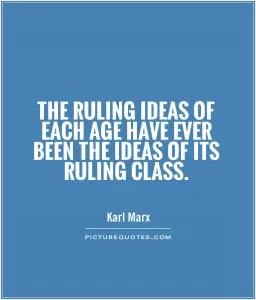
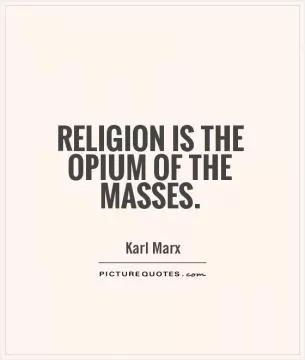
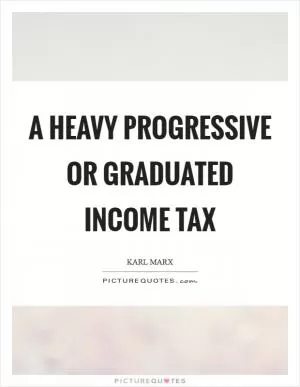
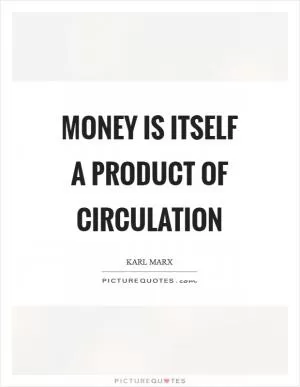
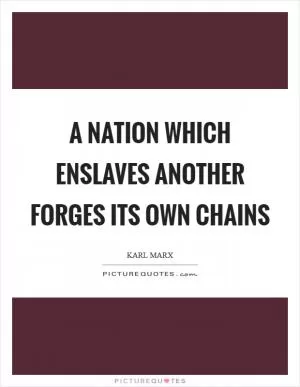
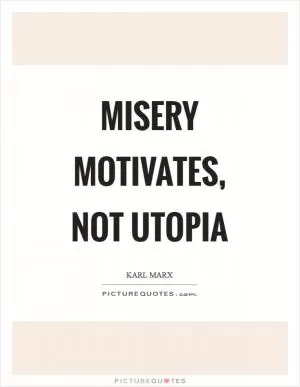


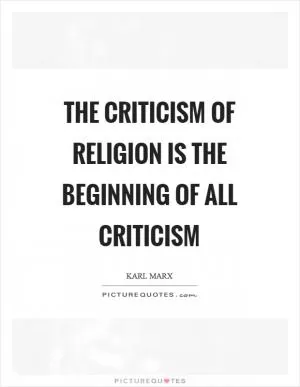

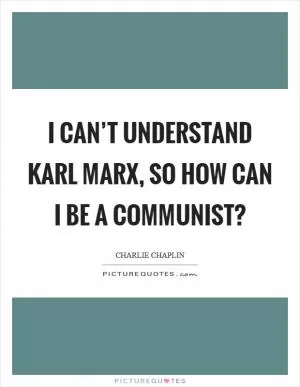
 Friendship Quotes
Friendship Quotes Love Quotes
Love Quotes Life Quotes
Life Quotes Funny Quotes
Funny Quotes Motivational Quotes
Motivational Quotes Inspirational Quotes
Inspirational Quotes